HOME > Basketball
Iverson is usually tall and can only play as point guard, why did he become an excellent shooting guard
4:16pm, 21 May 2025【Basketball】
On May 21, in the long history of the NBA, Allen Iverson is a legend that cannot be ignored. He is only 1.83 meters tall (which may be shorter in reality), and has created his own glory in the alliance of giants. According to traditional basketball philosophy, such height is usually only competent for point guards, but Iverson was awarded the scoring leader four times as a shooting guard and became the shortest MVP in league history. This makes people wonder: Why did Iverson not keep playing point guard, but became a phenomenal shooting guard? Behind this is both the reasons for his personal technical characteristics, and the shaping of the times and the team's tactics.
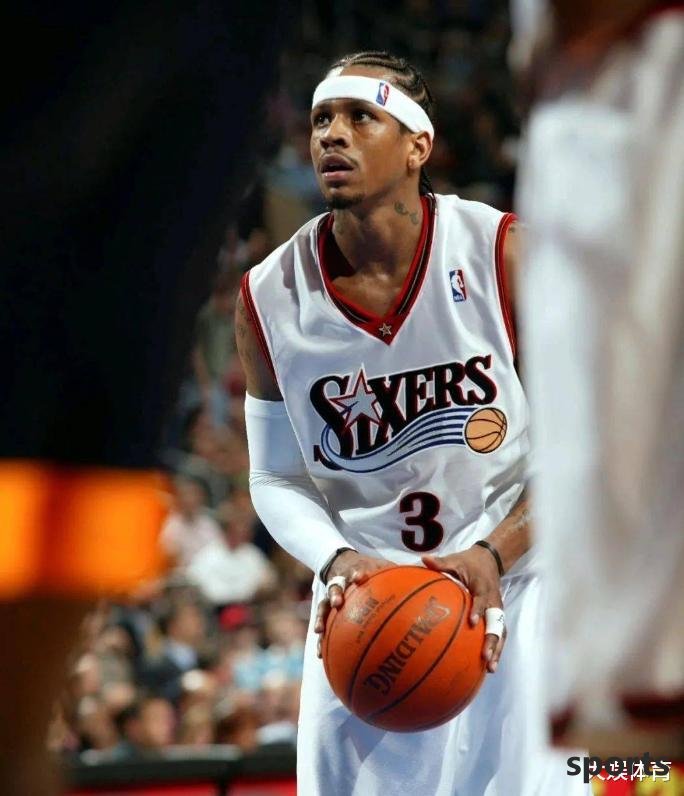
###1. The uniqueness of talent and technology: Breakthrough the traditional definition of guard
Iverson's basketball talent broke people's stereotypes about height from the beginning. His speed, explosive power and change direction ability are top in history, and his signature "Crossover" has even become synonymous with basketball technology. This breakthrough ability allows him to easily tear open the defense even when facing tall defenders. In contrast, traditional point guards focus more on organizing offense and distributing the ball, while Iverson's scoring instinct is obviously stronger. His college coach John Thompson once commented: "AI is born to be a scorer, you can't force him to become another Magician Johnson."
In addition, Iverson's shooting ability is seriously underestimated. Although his mid-range emergency stop jump shot and backward jump shot have gradually become the killer weapon. In the 2000-2001 season, he averaged 31.1 points per game, with nearly half of his scores coming from jump shots. This comprehensive scoring method allows him to directly end the offense without relying on the point guard's passing role.
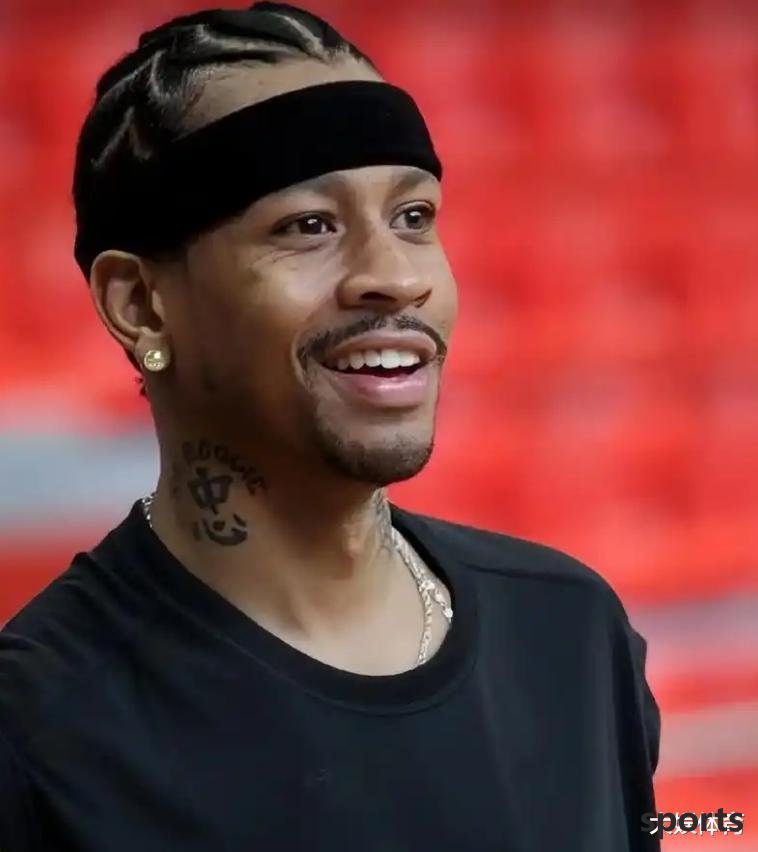
###Tactical needs of the 76ers: The era of lone heroes chose
Iverson played for the Philadelphia 76ers in his prime, and the team's lineup composition directly promoted his transformation to a shooting guard. From the late 1990s to the early 21st century, the Sixers lacked a stable second-point scoring point, and the team needed Iverson to bear a lot of shooting rights. In the 1999-2000 season, his usage rate (USG%) was as high as 36.1%, far exceeding the average level of point guards during the same period. Although head coach Larry Brown initially wanted him to play point guard, he finally compromised on reality: "When we found that no one can score more efficiently than AI, the tactical manual can only be rewritten for him."
It is worth mentioning that the Sixers equipped Iverson with full-time point guards (such as Eric Snow) to liberate his scoring ability. This "double guard" configuration allows Iverson to be distracted from the organization and focus on off-ball running and catch offense. When he played against the Lakers in the 2001 Finals, his average of 35.6 points per game was the ultimate manifestation of this tactic - despite the obvious height disadvantage, his off-ball move and quick shots made the opponent unable to defend.
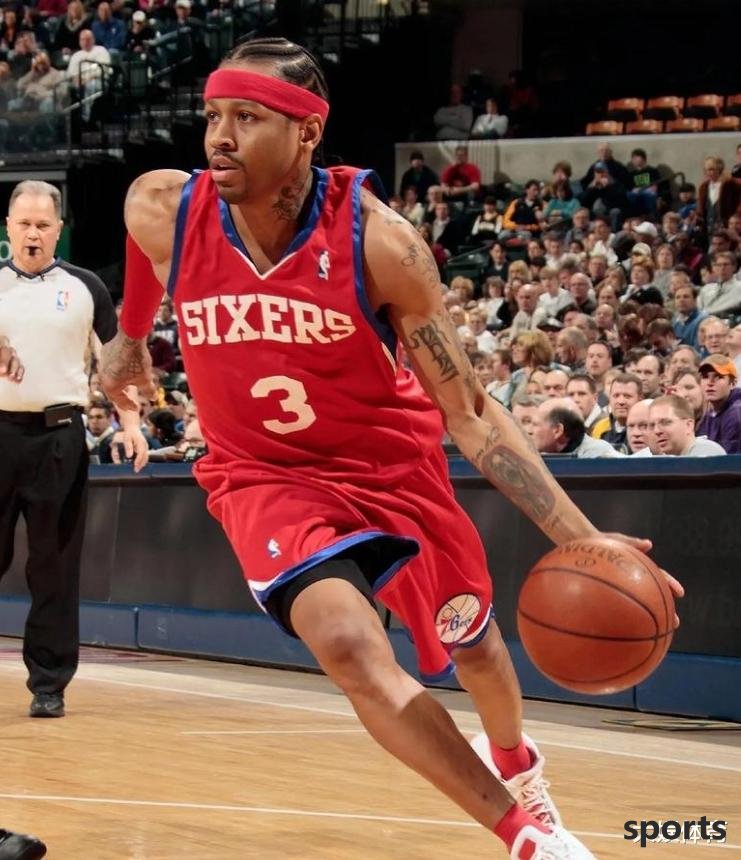
###3. Trends of the times and changes in rules: The spring of the small scorer
Iverson's rise coincides with the transformation period of NBA rules and styles. In the late 1990s, the league's defense was extremely strong, but after the legalization of joint defense in 2001, the advantages of flexible guards were magnified. With speed and agility in small spaces, Iverson has become a beneficiary of the dividends of rules. In contrast, the positional warfare organizational model of traditional point guards such as John Stockton has gradually given way to a rapid offensive and defensive transition, and Iverson is the leader in the new era.
In addition, the NBA's globalization process has accelerated the trend of "position fuzzification". Iverson's appearance made the team realize that height is not the only criterion for measuring the value of a defender. His success directly influenced latecomers, such as Chris Paul and Stephen Curry, despite their inadequate height, redefining the defender's role in the field through technical innovation.
###4. Psychological quality and game temperament: dominance beyond height
Iverson's "fighter spirit" is the core factor in his ability to be a scoring guard. He never feels inferior because of his height, but instead motivates himself with a "underdog" mentality. Behind the famous "training gate" incident is his almost paranoid dedication to the game: "Every night I feel that I am the biggest person." This confidence makes him dare to take over the game at critical moments, such as winning 7 points in overtime in the 2001 Finals G1, defeating the Lakers, perfectly interpreting the killer nature of a shooting guard.
###5. Historical positioning and revelation: The possibility of redefining basketball
Iverson's career proves that the division of position on the basketball court is essentially functional rather than height-oriented. Although he was selected for the Hall of Fame as a shooting guard, he actually played the role of "core ball holding" - which coincides with the contemporary concept of "double-energy guard". His presence forces the league to rethink: when a player has unsolved singles ability, traditional position labels are no longer important.
Looking back at Iverson's legend, his height may limit his defensive ceiling, but never limit his offensive creativity. As he himself said: "They said I was too young, but no one could stop me from scoring." This ability to turn disadvantages into advantages is the ultimate answer to his all-time shooting guard.
Related Posts
- Tyron Lu talks about superstar breakup: If Irving has not left the team, I think James will stay with the Cavaliers
- American News: The Lakers are expected to maintain their current lineup and enter training camp. They look forward to Vincent & Kleber s performance
- Stockton: NBA s current style is weak; they are all jumpers, players love load management; their salary is still high
- The Rockets have signed 4 players in a row, the Clippers finally take action, and the Warriors target appears
- Morant bid farewell to Bain: 5 years of brotherhood breaking, muscle shooter shoots magic to change the Eastern Conference pattern
- More than the third brother! Homgren becomes the X factor?
- Funny, Brunson was named the 2025 NBA Playoffs Best Offensive Player and Worst Defensive Player
- Why can t the Los Angeles Clippers win the NBA championship?
- Amen s "fake PG" effect is outstanding: 19+7+6 in three quarters, relaxed and enjoyable. Fan Jordan s reimbursement is good for him
- Very suddenly! Retired?! Simmons doesn t want to fight anymore?
Hot Posts
- Tyron Lu talks about superstar breakup: If Irving has not left the team, I think James will stay with the Cavaliers
- American News: The Lakers are expected to maintain their current lineup and enter training camp. They look forward to Vincent & Kleber s performance
- Stockton: NBA s current style is weak; they are all jumpers, players love load management; their salary is still high
- The Rockets have signed 4 players in a row, the Clippers finally take action, and the Warriors target appears
Recommend
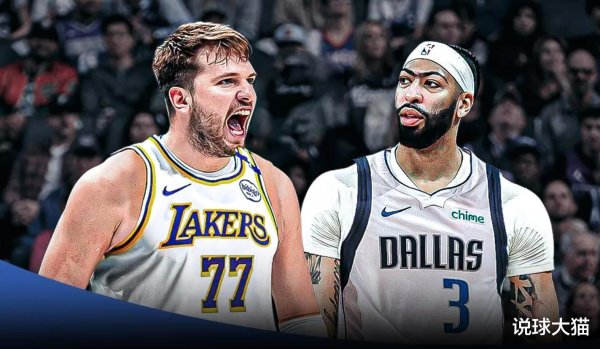
Doncic exchanges Antetokounmpo? Latest report from Lake Records: 6-for-1 trading plan, the Bucks will get the best return
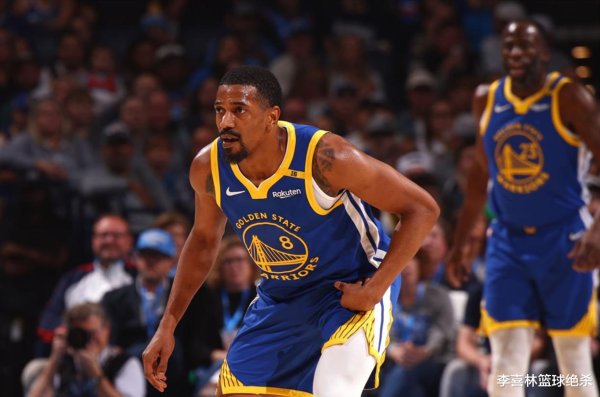
Warriors strengthen the benefits! It is revealed that the 26-year-old 3D champion is interested in working together again: Is it a perfect match for Curry to receive his first salary in one year?

No more silent! How did the former successor fall into controversy?
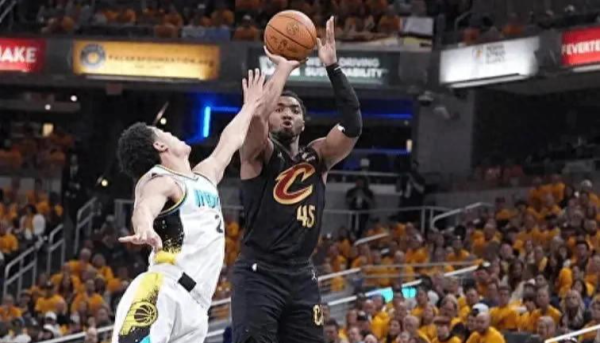
All data are far lower than those of the Pacers, the Knight is close to the cliff
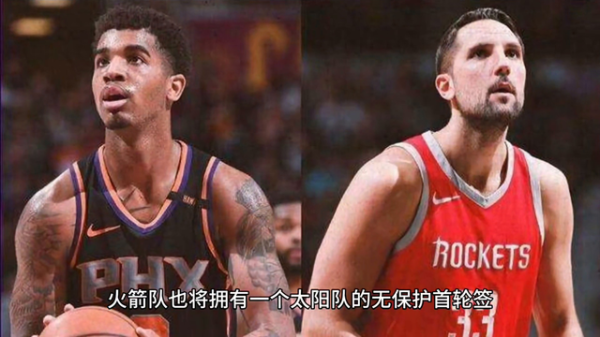
Simulation Draft: Rockets and Wizards swap in the first round, winning the rookie center! Defense + maneuver...
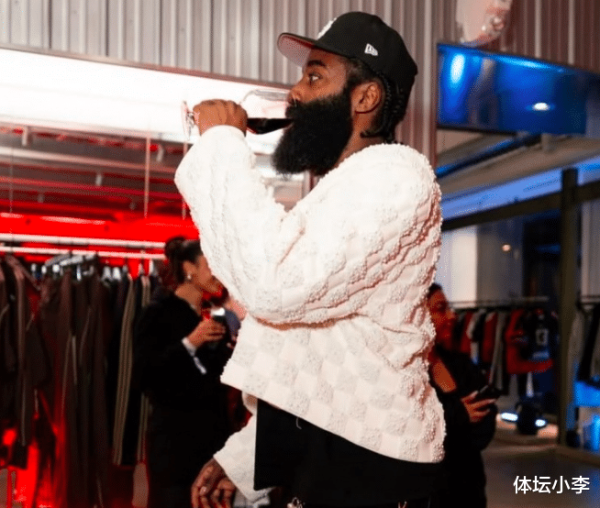
The Clippers are eliminated on the 12th day! Harden finally appears and is expected to re-sign 75 million to stay in Los Angeles for two years
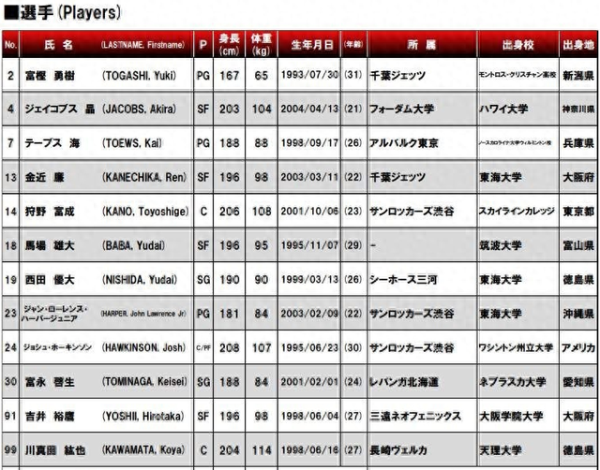
That night, the decency of the men s basketball national team was torn to pieces by Yuki Kawamura
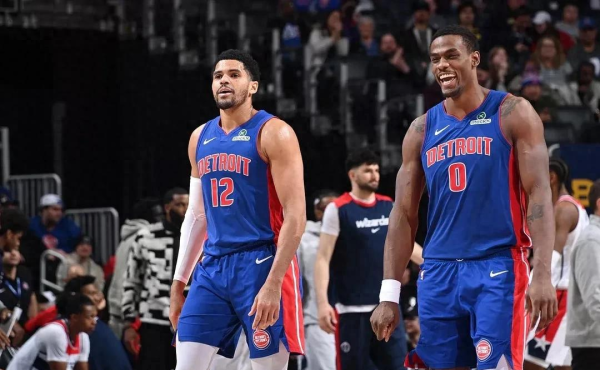
Reversal and reverse! Brunson s 40+4+7 three-pointer is a sure-fire winner, and the Pistons head coach s blind operation ruins the game